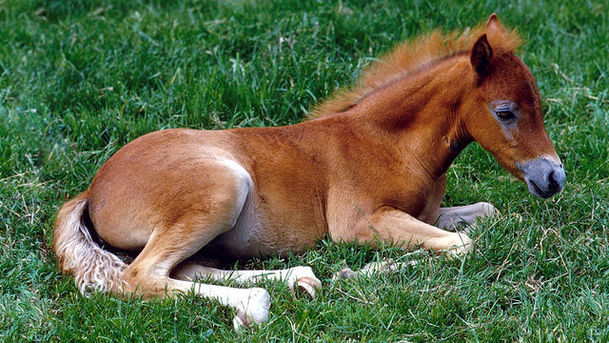Mind Changers

Series exploring the development of the science of psychology during the 20th century

Mind Changers - Arden House
Claudia Hammond revisits Langer and Rodin's 1976 Arden House study, which showed that simply looking after a plant or choosing which night to see a film can make you live longer.
Details
Mind Changers - Case Study: Kitty Genovese
When a young woman was brutally killed in an attack in New York in 1964, not one of 38 witnesses called for help. The case led to the naming of the phenomenon as Bystander Effect.
Details
Mind Changers - Case Study: Little Hans
A phobia of horses developed by a boy living in Vienna in 1904 seemed unlikely evidence for the Oedipus complex. But for Sigmund Freud, this was the proof he had been waiting for.
Details
Mind Changers - Case Study: The Man with a Hole in His Head
Phineas Gage was a railway worker in 19th-century Vermont who survived a bizarre accident that changed him - and the study of neuroscience - forever.
Details
Mind Changers - Case Study: The Wild Boy of Aveyron
In 1800, 12-year-old Victor emerged from the woods of the Aveyron District, naked and behaving like an animal. It was estimated that he had been living wild since the age of about four.
Details
Mind Changers - Harlow's Monkeys
When psychologist Harry Harlow decided to look at how baby rhesus monkeys learned to recognise their mothers, he didn't know that he would revolutionise parenting.
Details
Mind Changers - The Bobo Doll
Claudia Hammond presents a series looking at the development of psychology. Albert Bandura's ground-breaking 1961 Bobo Doll experiment explosed the dangers of imitative behaviour.
Details
Mind Changers - The Hawthorne Effect
Claudia Hammond examines the 1920s experiment in a Chicago factory that gave rise to the Hawthorne Effect - now a classic phenomenon, featuring in psychology textbooks worldwide.
Details
Mind Changers - The Heinz Dilemma
Claudia Hammond looks at the development of the science of psychology. Lawrence Kohlberg designed the first experiment to quantify the human capacity for ethical reasoning.
Details
Mind Changers - The Pseudo-Patient Study
Claudia revisits David Rosenhan's Pseudo-Patient Study, with access to his personal papers, and discovers why this classic psychology experiment put psychiatry on the defensive.
Details
Mind Changers - The Stanford Prison Experiment
Claudia Hammond looks at the development of the science of psychology. When Philip Zimbardo set up a mock prison, he had no idea that the resulting behaviour would be so extreme.
Details